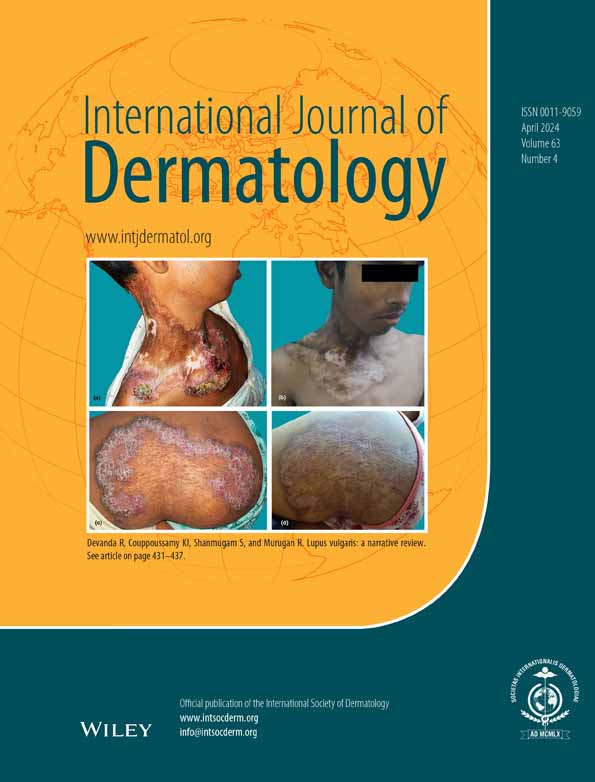Trans-epidermal extrusion of lepra bacilli from histoid lesions: a risk of continued transmission
Conflict of interest: None.
Funding source: None.
Abstract
The current goal of Zero Leprosy focuses on the interruption of the transmission of infection within endemic regions. While the role of the skin in the transmission dynamics of leprosy has not been clearly delineated, recent research on the environmental presence of lepra bacilli brings this aspect back into focus. We present a case of lepromatous leprosy with perforated-appearing histoid lesions on the palms and soles, demonstrating the presence of lepra bacilli throughout the epidermis.




